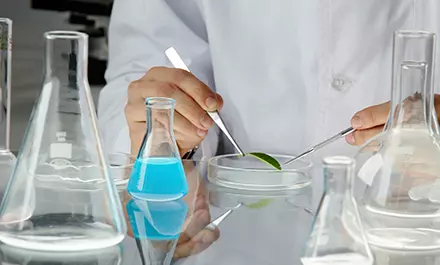
Do ejuices contain sugar?
E-juices, also commonly known as e-liquids, are the solutions used in electronic cigarettes and vaporizers. They are typically composed of a mixture of vegetable glycerin (VG), propylene glycol (PG), flavorings, and nicotine (for those that contain it). While there are many concerns about the safety and health effects of e-cigarettes and vaping, one specific question has arisen: do e-juices contain sugar? The answer is not straightforward, but in general, most e-juices do not contain sugar.
To begin, it is important to understand the basic composition of e-juices. VG and PG are the two main base ingredients in most e-juices, making up anywhere from 50% to 90% of the solution. VG is a thick, sweet substance that is derived from vegetable oils, while PG is a thinner, odorless liquid that is commonly used in food and medical products. Both VG and PG are generally considered safe for consumption and have been used in various products for many years.
The other ingredients in e-juices are flavorings and nicotine. Flavorings can vary widely and can be natural or artificial, while nicotine is an addictive stimulant that can be derived from tobacco or synthesized in a lab. Neither of these ingredients typically contains sugar, although some flavorings may include a small amount of sugar or other sweeteners.
While e-juices do not typically contain sugar, there are a few exceptions. Some e-juices are marketed specifically as sweet flavors, and these may include added sweeteners such as sugar or artificial sweeteners like sucralose. Additionally, some companies may add sugar or other sweeteners to their e-juices to enhance the flavor or increase sales. However, these products are relatively rare, and most e-juices do not contain added sugar.

One reason why e-juices do not typically contain sugar is that it can be harmful to the equipment used for vaping. E-cigarettes and vaporizers rely on heating coils to vaporize the e-juice and create a smooth inhale. If the e-juice contains sugar or other sweeteners, it can caramelize and stick to the heating coils, rendering them ineffective and potentially causing damage to the device. As a result, many e-juice manufacturers avoid adding sugar or other sweeteners to their products in order to maintain the longevity and effectiveness of the vaping equipment.
Another reason why e-juices do not contain sugar is that it can be harmful to the respiratory system. When sugar is vaporized and inhaled, it can coat the lungs and cause inflammation. This can lead to respiratory problems and damage over time, especially for people who frequently vape or smoke. In fact, some researchers have suggested that exposure to sugar vapor could be even worse than exposure to cigarette smoke. Therefore, most e-juice manufacturers steer clear of adding sugar to their products to minimize health risks.
Of course, it is important to note that not all e-juices are created equal. While most e-juices do not contain sugar, some may contain other potentially harmful ingredients. For example, some flavorings may include diacetyl, a chemical that has been linked to lung damage and bronchiolitis obliterans, also known as "popcorn lung." Additionally, some e-juices may contain high levels of nicotine, which can cause addiction, heart problems, and other health issues. Therefore, it is essential for consumers to carefully read ingredient labels and do their research before purchasing any e-juice products.
Most e-juices do not contain sugar, although some sweet flavors may include added sweeteners. The primary ingredients in e-juices are VG and PG, both of which are generally considered safe for consumption. While there are many concerns about the safety and health effects of vaping, concerns about sugar in e-juices are relatively minor. However, it is important to note that e-juices may contain other potentially harmful ingredients, and consumers should be cautious and informed when choosing and using these products.

We will contact you as soon as possible









